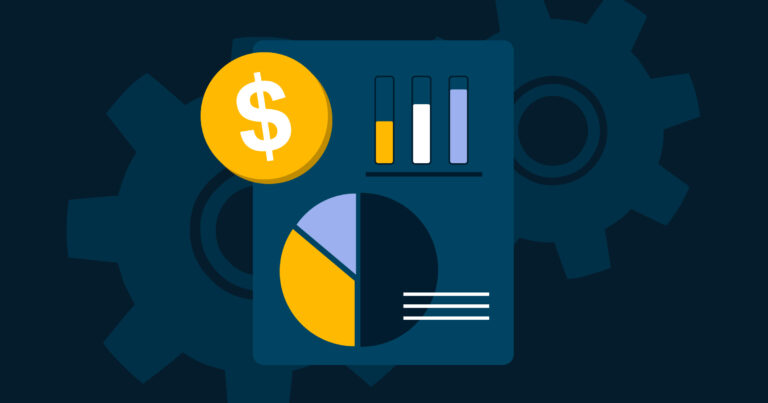Take Control of Employee Expenses with Automation
Expense management and employee reimbursements are important aspects of any organization’s finance function.
Expense management encompasses various workflows, processes, and tasks, including monitoring and tracking employee-initiated expenses. Maintaining accurate reporting is essential for effectively planning budgets and ensuring compliance with financial records.
Streamlining the expense management process and leveraging technology to automate manual and error-prone tasks can significantly improve efficiency and help organizations make more informed data-driven decisions.
The Shortcomings of Traditional Expense Management
A recent survey showed that 60% of employees have reported problems with their employer’s expense reimbursement process due to unforeseen delays. Managing expenses manually can lead to a variety of problems, including:
- Data Errors—Manual data entry and migration leave room for human error. It only takes one miscalculation or typo to wreak havoc on financial reports.
- Inaccurate Finances—Without an automated system, it’s impossible to see how employees use company funds in real-time. This lack of visibility makes analyzing data and finding concerning patterns more challenging.
- Higher Risk of Fraud—Another risk associated with a lack of data visibility is increased exposure to internal expense report fraud, including exaggerated claims and even fake receipts.
- Wasted Resources—Manual processes often require manual checks, balances, and rework. This means you’re wasting valuable time and other resources that could be better spent on something more productive.
Automated expense management processes increase efficiency while reducing errors, improving both the front-end and back-end user experience with seamless workflows, data transparency, and real-time analysis.
Benefits of Expense Management Automation
Automated expense management technology can significantly improve the accuracy of employee reimbursement claims. By integrating with ERPs and accounting software, automated expense management simplifies expenses by facilitating prompt reimbursement of approved purchases while strengthening company policies and controlling expenditures.
By automating expense management, businesses can substantially reduce employee workloads, ensure regulatory compliance, and gain valuable insights into their finance function. This shift from manual processes to automated workflows improves accountability, accelerates reimbursements, and provides real-time access to financial data.
With a dedicated expenses mobile app and a desktop interface, employees can quickly and easily capture and submit expense reports, regardless of where they are and what device they are using. This streamlined submission process also leads to fast and accurate approvals and reimbursements.
Automated expense workflows help with gaining control over employee spending, ensuring accurate financial records to drive data-backed business decisions by tracking spending by category, verifying purchases for authorized business purposes, and reducing duplicate and fraudulent payments.
A flexible expense management system can adapt to evolving technology needs, save time and money, and assist in forecasting future spending and scaling accordingly.
Getting Started with Automated Expense Management
When looking for a solution to manage employee expenses, it’s important to prioritize global reimbursements that ensure employees can be reimbursed anywhere securely. An ideal solution should provide a mobile app for quick and easy expense filing and automatic capture and processing of transactions for seamless reimbursements. The platform should also offer on-demand, user-friendly access with automated expense policies and built-in compliance checks to enforce spending limits, ensure adherence to company policies, reduce fraudulent activity, and maintain regulatory compliance.
Automating expense management processes can significantly improve an organization’s efficiency, accuracy, and compliance. Traditional manual processes are prone to errors, fraud, and wasted resources. By leveraging finance automation, businesses can simplify expense tracking, establish policies, control spending, and gain valuable insights into their financial health.




